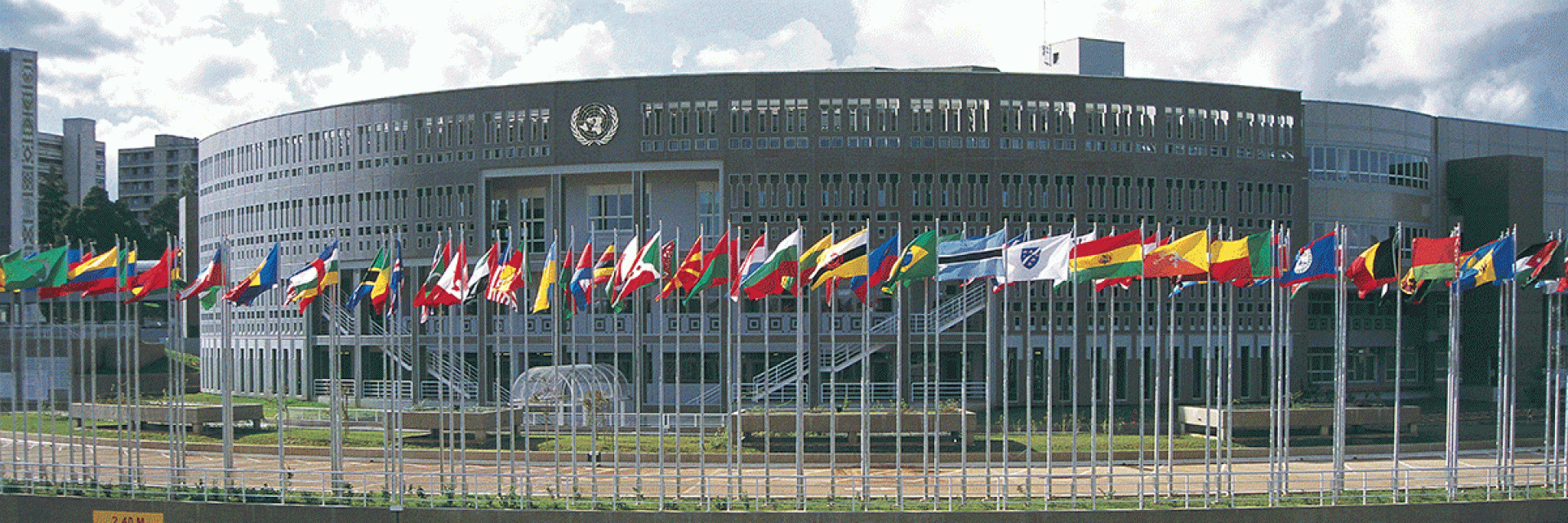Libreville, Gabon, 04 December 2016 (ECA) – Agencies of the UN System, the Regional Economic Communities (RECs) of Central Africa and their development partners such as the African Development bank (AfDB) will concert from 6 to 7 December 2016 in Libreville – Gabon, to draw parallels between the African Union’s Agenda 2063 and the UN’s Sustainable Development Goals (SDGS) in order to better support subregional development programmes. This will be within the framework of the seventh session of the Sub-regional Coordination Mechanism (SRCM) of the UN System-wide support to the AU’s NEPAD programme in the sub region.
Convened by the UN Economic Commission for Africa (ECA), the meeting will inform SRCM partners on the appropriate monitoring and evaluation facilities and mechanisms for the implementation of the AU’s Agenda 2063 and the UN’s Agenda 2030. Specifically, it will examine the extent to which the United Nations could support sub-regional institutions not only in plotting coherence between the two agendas but also in their effective implementation. Apart from adopting a common approach to support the implementation of both agendas in the subregion, the meeting will seek to attribute specific roles to the various SRCM partners on this demarche as well as to establish a roadmap for the setting up of the subregion’s next Common Indicative Programme, to take into consideration the aforementioned agendas, for the RECs and their development partners.
It would be recalled that during the sixth session of the subregional mechanism, held in Douala – Cameroon from 3 to 4 December 2014, the over 50 delegates in attendance from member States in the sub-region, the CEMAC Commission, the ECCAS General Secretariat, specialised institutions of these communities, regional organisations as well as representatives of the UN and the AfDB noted that the 2nd phase of the Common Indicative Programmed (CIP II) adopted in 2013 had recorded progress but that it was imperative to rake-in financial resources to service a number of its activities that still lay fallow.
A mid-term assessment of CIP II in Central Africa at the time, revealed that from 79 identified activities of the programme, 9 had been completed. This was the case of the study on the exploitation of the potential of the extractive industries for structural transformation in Central Africa and the support programme for the fight against vectors of endemic diseases in the sub-region. A total of 36 projects were ongoing. These included the launch of the second phase of maintenance work on the Mintom Cameroon Border-Congo Road as well as the financing and follow up of the maintenance project on the Mouila-Ndendé-Doussala-Dolisie Gabon-Congo Border Road. But they also noted that 35 activities of the CIP had not been started. This was the case of the Study on the Franceville-Mbinda Rail Road between Gabon and Congo and the Support Project for the Development of Applications in the e-Commerce, e-Health and e-Education sectors, known as the NEPAD e-School.
-ENDS HERE-
Issued by:
The Sub-Regional Office for Central Africa
UN Economic Commission for Africa (ECA)
P.O. Box 14935 Yaounde, Cameroon
Tel: (+237) 222504348 / 222504315 / 222504321
E-mail: sroca@uneca.org
Media Contact
Abel Akara Ticha – Communication Officer
Tel: 237 222504348

